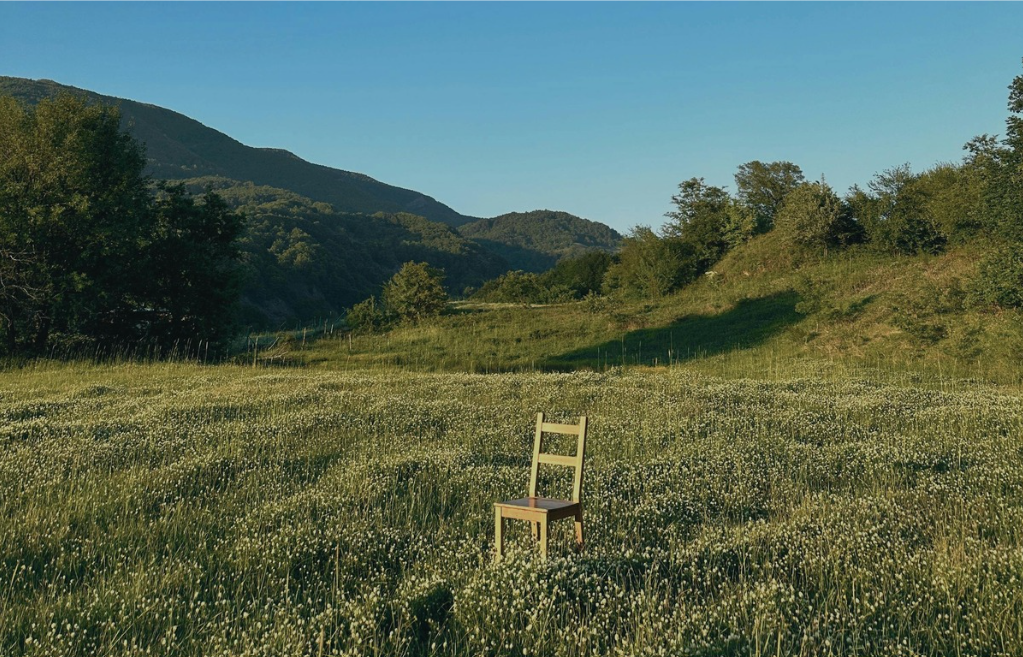Belief, Biodiversity, and the Conversation We Keep Avoiding

I recently sat in a workshop on belief-based use and conservation. On paper, it was exactly what we need: scientists, policymakers and traditional practitioners at one table, brainstorming a collective way forward. In practice, it felt like another talk-shop, plenty of talking at, very little listening. The researchers, the group I identified most with not so long ago, were present and attentive, but too often they did not seem to hear what was really being said. I suspect only a handful of us noticed the disconnect.
What do we mean by belief-based use, and why is it complicated?
Belief-based use of wildlife sits in ritual, spirituality, and heritage. Think animal parts as amulets or symbols, taboos that protect or restrict; medicines applied to the spirit more than the body and stories where a species carries meaning beyond biology. This is not "science versus superstition". It is a worldview where animals hold roles science alone cannot measure, but communities live by. That alone complicates conservation. Biology and economics matter, but often they miss the invisible scaffolding: identity, belonging, protection and power. The question is not only about how we stop illegal trade of animal parts. It is how do we honour cultural meaning and safeguard species and ensure sustainable use. Staying inside the usual policy and science loop will not get us there.
Three truths I learnt:
• Education does not erase belief. Facts do not dissolve what is foundational to identity.
• Language matters, and so do names. Scientific names carry zero weight in these spaces. What matters are indigenous names and the roles they speak to - names are a map of meaning.
• Economics drives the plot. Over-exploitation grows in the soil of limited opportunity. If livelihoods are unstable, people will seek other income. As scientists, we keep diagnosing proximate behaviours as the problem and missing the underlying condition.
Partway through the scientific presentations, one traditional healer said something I won't forget:
"You never involve us in the decisions, only when you are desperate and there is a crisis."
If there was a time to stop the scientific presentations and start the real conversations, it was then.
Here is what else the room made plain. Not all use is consumptive; value is uneven and often symbolic. People seek out traditional practitioners to heal or guide the spirit, not to treat a cough or another physical ailment - they already know the common remedies for those. And understanding traditional use does not mean itemising recipes or rituals. That knowledge is a practitioner's intellectual property, just as a scientist guards a dataset before publication. It should, therefore, not surprise scientists when trust isn't freely granted; we behave the same way in our own work. Scientists and traditional practitioners are more alike than either admits; years of training, community respect, guarded methods and information. Once you see it, you cannot unsee it.
What also became abundantly clear is that inclusion and cooperation between scientists and the broader community cannot begin at the "help us spread the message" phase. If communities and traditional practitioners are not in the room at scoping, ethics, data collection and interpretation, with real authority, the message lands as accusation: " You are the problem, you must change". That is not engagement; it is alienation.
Similarly, the language we use cannot be an afterthought. If we want a real conversation, co-create a living dictionary with communities, names that map cultural function, not just species 'check-lists'. Speak in the moral vocabulary of the place. Let trusted local voices lead. And we should also stop reaching for more research as a reflex - we have an abundance of research papers on some of the most pressing conservation challenges of our age. The shortage is not knowledge; it is translation and application. We need to start looking at conservation in a way that is innovative and pro-active, not following the same reactive routine.
So, what needs to change?
We need to shift from species-centric to people-centric conservation, and measure success in livelihoods secured. Embed communities and traditional practitioners end to end. Invest in long term, sustainable income, not educational pamphlets and once-off gigs. Change the messengers and the language. And check the saviour instinct at the door; maybe species need less rescuing, and more relief from our refusal to engage in collective decision-making.
I left the workshop somewhat frustrated, but also with sharper focus. Conservation will keep failing wherever we treat cultural belief as a barrier instead of a bridge. If we want lasting results, we must protect not only nature's diversity, but the diversity of ways people make sense of it.
Conservation is not a lecture, it is a relationship. It's time to put down the megaphone and pull up a chair.